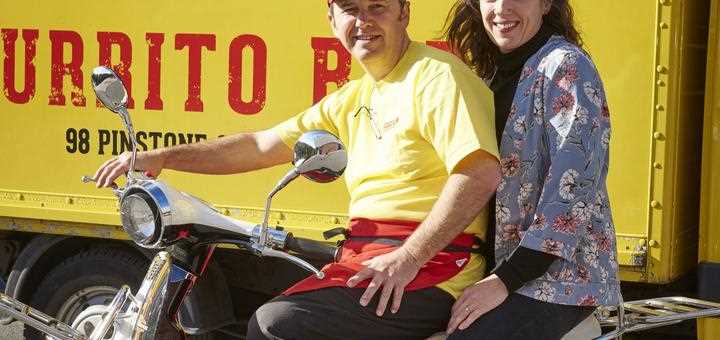Wake Smith chairman Nick Lambert looks at the latest Brexit news...
With the UK's withdrawal from the EU now subject to an extension via the Benn Act, the UK exit from the EU is unlikely to happen before the 31 January deadline and all eyes are on the 12 December general election and what this will mean for the UK.
The greatest problem for businesses of all sizes in the current political climate is uncertainty, which is frustrating much needed investment across all sectors and making forward planning near impossible.
Unfortunately, this is not likely to change before the election – which is already showing high potential for yet more chaos in Westminster as the various permutations from individual and potentially combined party politics are examined.
The Conservative Party has toned down the threat of a no deal Brexit since Parliament voted for an election, instead building their campaign upon Boris Johnson's withdrawal agreement, which has been agreed with EU officials but still needs to pass through the House of Commons.
Speculation across the media is now turning to this agreement as the most likely form of Brexit which will take the UK out of the EU, and seen as a softer option than the Brexit Party's calls for the UK to default to WTO trading standards on January 31.
The withdrawal agreement appears to be gaining favour, with many staunch Brexiteers now openly backing the Prime Minister's approach, which would allow the Government to start earnestly working on trading specifics with both the EU and other, non-EU countries if it can gain assent from the House of Commons.
Next down the list of 'severities' of Brexit, is the Labour Party's proposal to return to the negotiating table with the EU to thrash out another deal entirely, then hold a second EU referendum with the options to support the new deal or remain entirely within the EU through revocation of Article 50.
Labour's proposal also includes the possibility of another referendum on Scotland's independence.
This raises the question over whether the EU would consider negotiating on a third withdrawal agreement and would also further extend the time-frame of the Brexit timetable.
On the opposing side, the Conservative Party's move to implement a deal with the EU creates the possibility for ardent leave voters, who might defect from the Labour Party, to support the Brexit Party rather than the Conservative Party, thus splitting the leave vote and potentially preventing Boris Johnson from securing a majority.
Which leads us to the Liberal Democratic Party's position on the campaign trail, pledging to overturn the 2016 referendum result and opt to remain within the EU through revocation of Article 50.
This may be problematic for those who see Parliament's implementation of the 2016 referendum result as a necessary democratic process. The party is therefore battling the odds to gain a sufficient majority at the election, but could win a significant number of remain votes from both of the major parties, also denying any one party a majority in the House of Commons.
With so many angles on the Brexit issue being fought, it is a very open contest offering the distinct and unsavoury prospect of yet another hung Parliament, with no party commanding a clear majority to enable the country to move forward with conviction and support.
What shape any potential cross-party coalition may take is too far off to speculate upon, but there is plenty of time for things to change as campaigning starts to take effect, so watch this space...



